Francesca McDonagh is the first female CEO of Bank of Ireland. Speaking at the Irish Farmers Journal and Ornua Bridging the Gap event on equality, diversity and inclusion (EDI), she said she hopes she isn’t the last.
“A lot of progress has been made, but let’s not have ourselves under any illusion; corporate Ireland hasn’t done enough in terms of representation, diversity and inclusion as it could and I’m very keen for us to change that.”
When Francesca started in banking, the senior people were all men and she never thought that, 25 years on, it would not have changed. Laying down a marker for herself, she has committed to ensuring that, in 25 years’ time, we are not still saying the same thing.
Leaders cast a long shadow
“To be honest I think when you’re the CEO of an organisation, it’s quite easy to make change happen if you are consistent and you make it a priority. You’re in a position of privilege, and you can make change happen.”
Putting words into practice, Bank of Ireland has committed to 50:50 gender balance for all senior appointments and hires by the end of 2021. They achieved 47% for the second half of 2020, so are making progress. But this has not just happened organically, the bank has implemented a programme with clear targets to secure the balance at both employee and board level.
The pros and cons of targets or quotas
Francesca is “very pro target”, although she was not always.
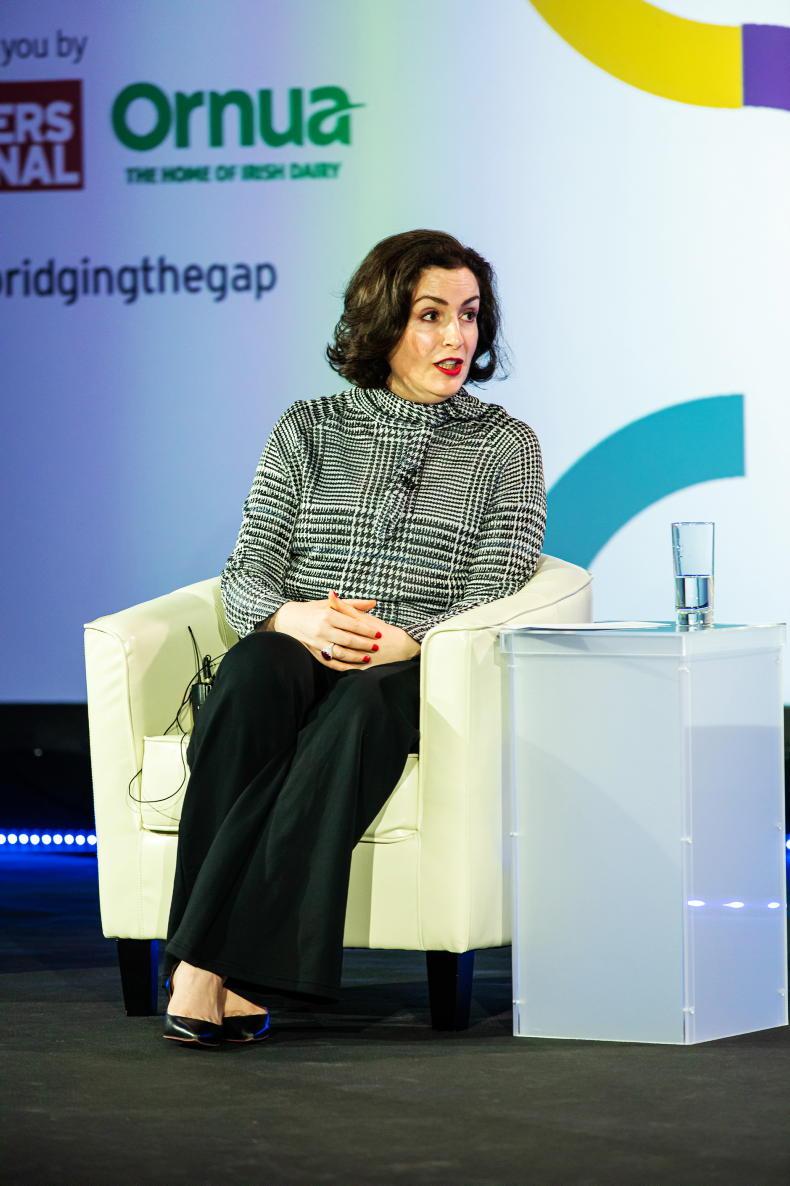
The reason for her change of outlook: “Targets and quotas are different things. For me, a target is a want to be reached, a quota has to be filled. As a woman, to think I got any job because of a quota is undermining. Targets, however, we all have targets in our businesses.
“If you’re going to put a target there you’ve got to hold yourself to account. A target creates conversation about your talent pipeline. If you don’t hit 50:50, then why not? That [conversation] can inform very good initiatives. This isn’t about bias or unfair advantage, it’s just about levelling the playing field.”
Meritocracy
Addressing the issue that targets generate an unfair advantage, Francesca is candid. “Usually the people who say that are straight, white males who have often benefited from advantage.”
Meritocracy is often mentioned when diversity is discussed. This is a need for either sex to be recognised as achieving on merit.
Francesca’s response: “When you have a board or senior management team that is all male, do people genuinely think they got this through meritocracy? There must be an element of bias there in the same way as if that same team was all female”.
Reverse mentoring
Over the course of her career, Francesca has been the recipient and beneficiary of mentoring which she credits with increasing her confidence and sponsoring some of her career moves.
Now she is benefitting from reverse mentoring.
“There are a few areas where people feel uncomfortable, [concerned about] saying the wrong thing. I felt like with the Black Lives Matter movement, just less prepared around race. So, I’m now reverse-mentored by a colleague who is a person of colour. This improved my own learning about the dos and don’ts and unintended unconscious bias.”
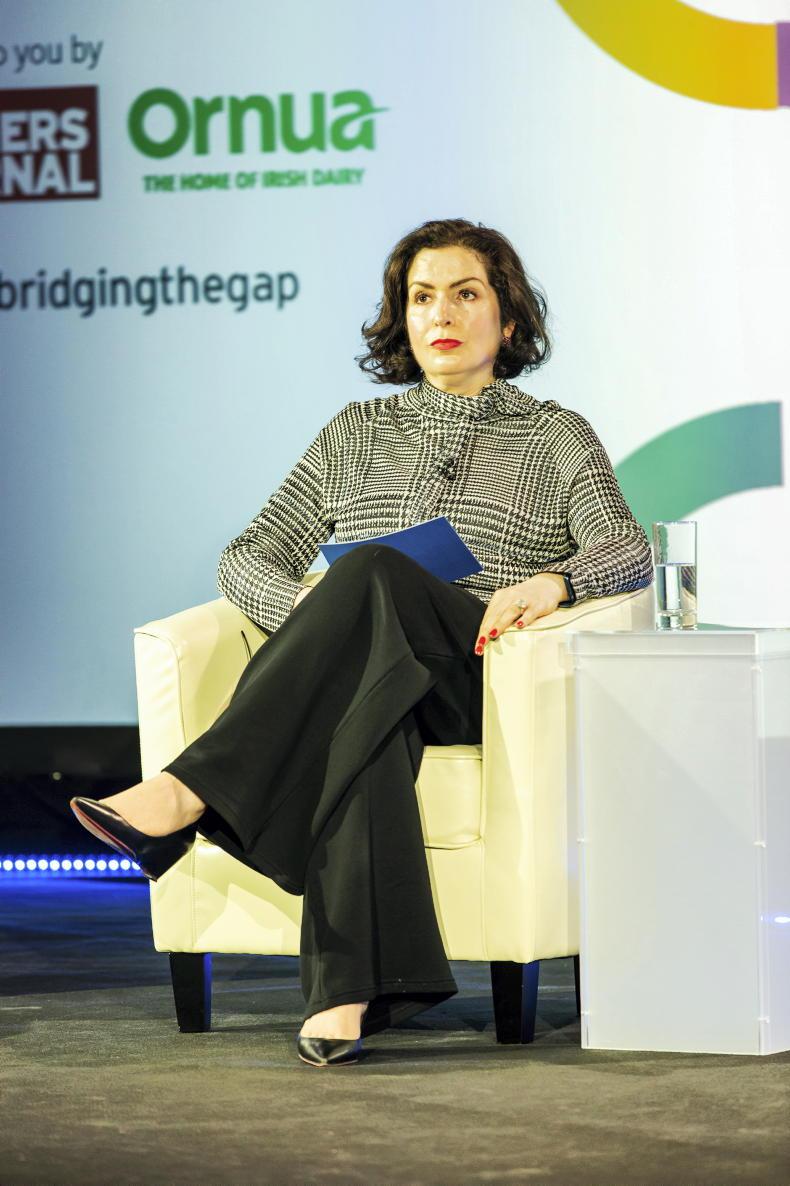
Be selective
When the discussion turned to younger women and how they felt that there was a trade of required between family and career, Francesca advised to be very careful picking the organisation you work for as “talent always has choice”.
In terms of imposter syndrome, Francesca says that there is good and bad news. The good news is that the vast majority of people experience it, which makes it quite normal. The bad – it doesn’t go away as you get older.
“I think that imposter syndrome comes out more when you feel isolated. That isolation can come because you’re working from home or because you’re in a room full of people, but you’re the only one of your type. It’s like being nervous before you speak publicly and yet some of the best public speakers that I’ve ever heard get nervous.”
If Francesca could only do one thing to support EDI, it would be to make a pledge
“I think make a pledge, whether that’s a target or a commitment, and make it public, so you really hold yourself to account. And that pledge has to come from the top the organisation. Get advice. There’s loads of fantastic organisations that can get you up the learning curve in many areas of diversity and inclusion that can guide you and educate you on best practices within your organisation.”
Francesca McDonagh is the first female CEO of Bank of Ireland. Speaking at the Irish Farmers Journal and Ornua Bridging the Gap event on equality, diversity and inclusion (EDI), she said she hopes she isn’t the last.
“A lot of progress has been made, but let’s not have ourselves under any illusion; corporate Ireland hasn’t done enough in terms of representation, diversity and inclusion as it could and I’m very keen for us to change that.”
When Francesca started in banking, the senior people were all men and she never thought that, 25 years on, it would not have changed. Laying down a marker for herself, she has committed to ensuring that, in 25 years’ time, we are not still saying the same thing.
Leaders cast a long shadow
“To be honest I think when you’re the CEO of an organisation, it’s quite easy to make change happen if you are consistent and you make it a priority. You’re in a position of privilege, and you can make change happen.”
Putting words into practice, Bank of Ireland has committed to 50:50 gender balance for all senior appointments and hires by the end of 2021. They achieved 47% for the second half of 2020, so are making progress. But this has not just happened organically, the bank has implemented a programme with clear targets to secure the balance at both employee and board level.
The pros and cons of targets or quotas
Francesca is “very pro target”, although she was not always.

The reason for her change of outlook: “Targets and quotas are different things. For me, a target is a want to be reached, a quota has to be filled. As a woman, to think I got any job because of a quota is undermining. Targets, however, we all have targets in our businesses.
“If you’re going to put a target there you’ve got to hold yourself to account. A target creates conversation about your talent pipeline. If you don’t hit 50:50, then why not? That [conversation] can inform very good initiatives. This isn’t about bias or unfair advantage, it’s just about levelling the playing field.”
Meritocracy
Addressing the issue that targets generate an unfair advantage, Francesca is candid. “Usually the people who say that are straight, white males who have often benefited from advantage.”
Meritocracy is often mentioned when diversity is discussed. This is a need for either sex to be recognised as achieving on merit.
Francesca’s response: “When you have a board or senior management team that is all male, do people genuinely think they got this through meritocracy? There must be an element of bias there in the same way as if that same team was all female”.
Reverse mentoring
Over the course of her career, Francesca has been the recipient and beneficiary of mentoring which she credits with increasing her confidence and sponsoring some of her career moves.
Now she is benefitting from reverse mentoring.
“There are a few areas where people feel uncomfortable, [concerned about] saying the wrong thing. I felt like with the Black Lives Matter movement, just less prepared around race. So, I’m now reverse-mentored by a colleague who is a person of colour. This improved my own learning about the dos and don’ts and unintended unconscious bias.”

Be selective
When the discussion turned to younger women and how they felt that there was a trade of required between family and career, Francesca advised to be very careful picking the organisation you work for as “talent always has choice”.
In terms of imposter syndrome, Francesca says that there is good and bad news. The good news is that the vast majority of people experience it, which makes it quite normal. The bad – it doesn’t go away as you get older.
“I think that imposter syndrome comes out more when you feel isolated. That isolation can come because you’re working from home or because you’re in a room full of people, but you’re the only one of your type. It’s like being nervous before you speak publicly and yet some of the best public speakers that I’ve ever heard get nervous.”
If Francesca could only do one thing to support EDI, it would be to make a pledge
“I think make a pledge, whether that’s a target or a commitment, and make it public, so you really hold yourself to account. And that pledge has to come from the top the organisation. Get advice. There’s loads of fantastic organisations that can get you up the learning curve in many areas of diversity and inclusion that can guide you and educate you on best practices within your organisation.”







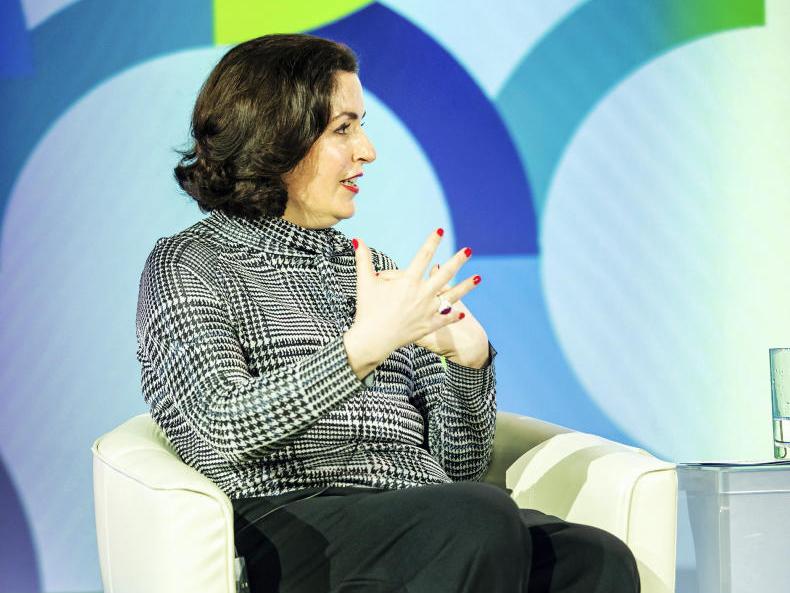
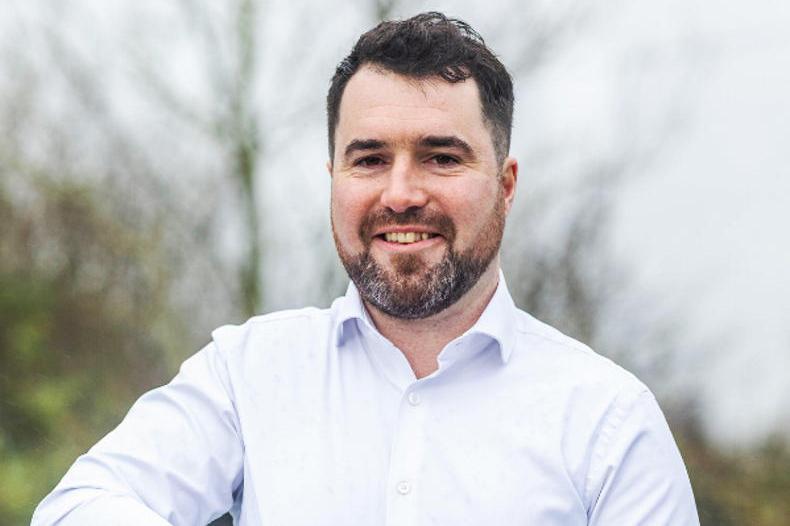

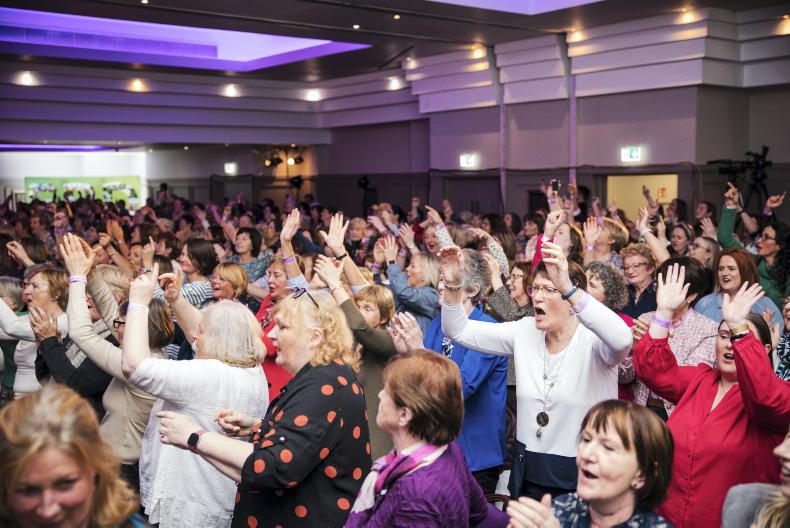

SHARING OPTIONS